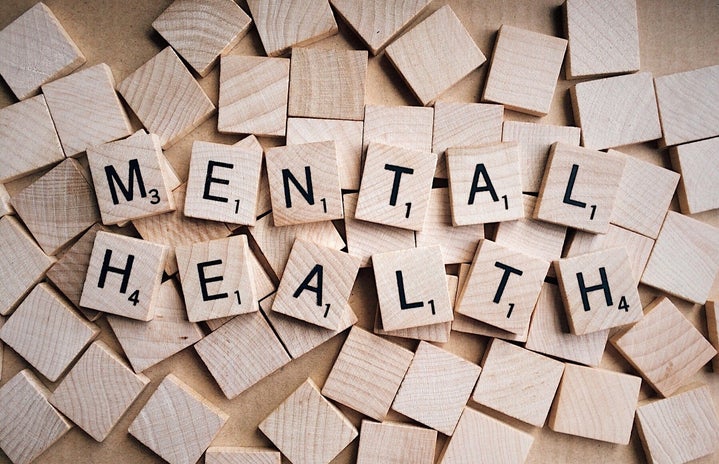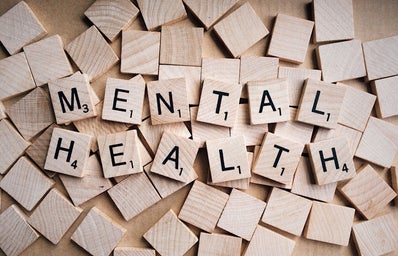As Mental Health Awareness Month is coming to an end, it’s important to remember to check up on yourself all year-round.
Psychology defines emotions as a mental state, a complex reaction pattern, associated with neurophysiological changes, experiential, and behavioral components. Emotions are the way individuals respond to situations or experiences they find personally significant. Usually, when we encounter not-so-good emotions, we tend to do anything to avoid even slightly thinking about them. However, psychology studies assure that rejecting and suppressing them is not a great idea. Instead, they propose a technique called emotional acceptance. Accepting involves allowing your feelings and emotions to be whatever they are without attempting to alter or judge them in any way. But it’s harder saying it than actually getting it done. Emotional acceptance comes with another tricky technique: identifying what the heck are we actually feeling. Here are some tips and tricks to accept your emotions!
1. Frequently taking a well-deserved break It involves accepting our lovely and unpleasant thoughts as a part of us and normalizing them without necessity for judgment.
2. Extending our emotional vocabulary Take a notepad and unpack whatever it is you’re experiencing. Do a quick online search on emotions and their definitions; that way you can identify them all. Some sources suggest employing at least three words that describe what you are feeling.
3. Take into consideration physical symptoms as well Do a complete scan of your body. Does your head hurt? Is your stomach bloated? Is your heart rate elevated? Are you sweating? Identifying these symptoms can be key to predicting an anxiety attack or nervous breakdowns, among others.
4. Importance of cause and effect Understanding what we are feeling and creating a link to what is causing it can be of tremendous help. For instance, if something makes you feel happy, go ahead, do more of that.
Check-ins can help you understand what you feel and whether there is something you need to do with these emotions. Once you start the process of identifying, you will instantly perceive the benefits. You would be lowering the risk of emotional frustration, recognizing “trigger” events and distancing yourself from them, and reducing the chances of “snowballing” your feelings into bigger stuff, such as mental health problems like anxiety and depression.


